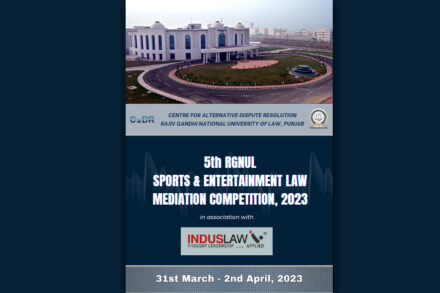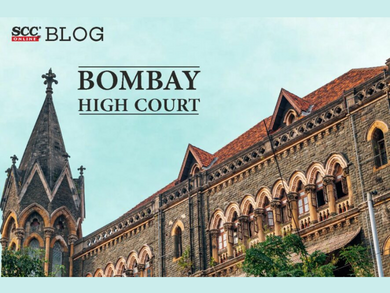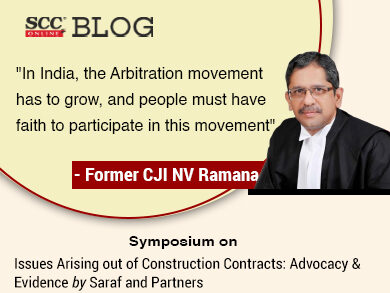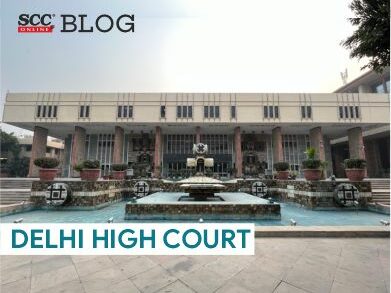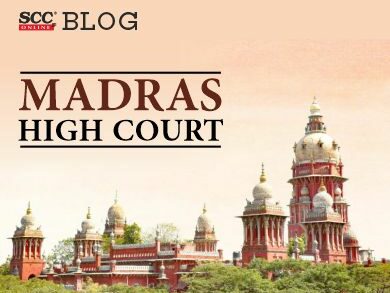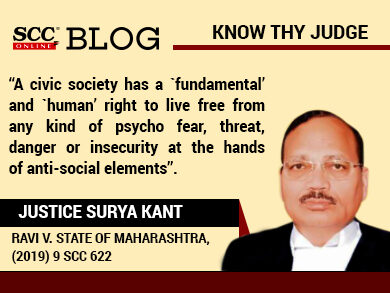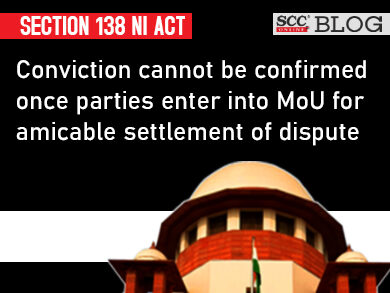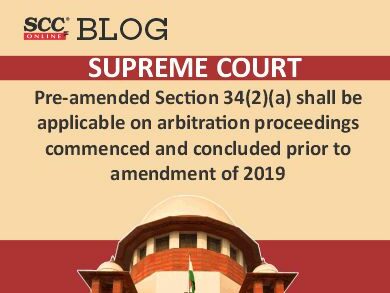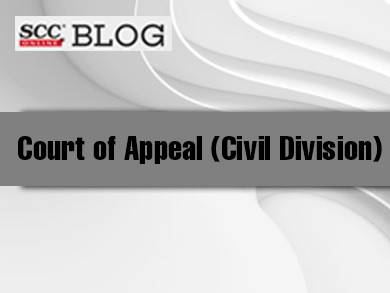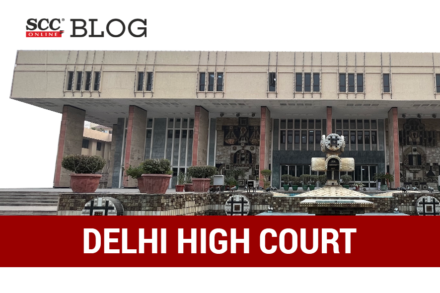
Delhi High Court denies relief for specific performance of collaboration agreement in view of the bar under Section 14 (d) Specific Relief Act, 1963
The Collaboration Agreement is a commercial transaction between the private parties and hence the same by its very nature is determinable, even if there is termination clause in the Collaboration Agreement


